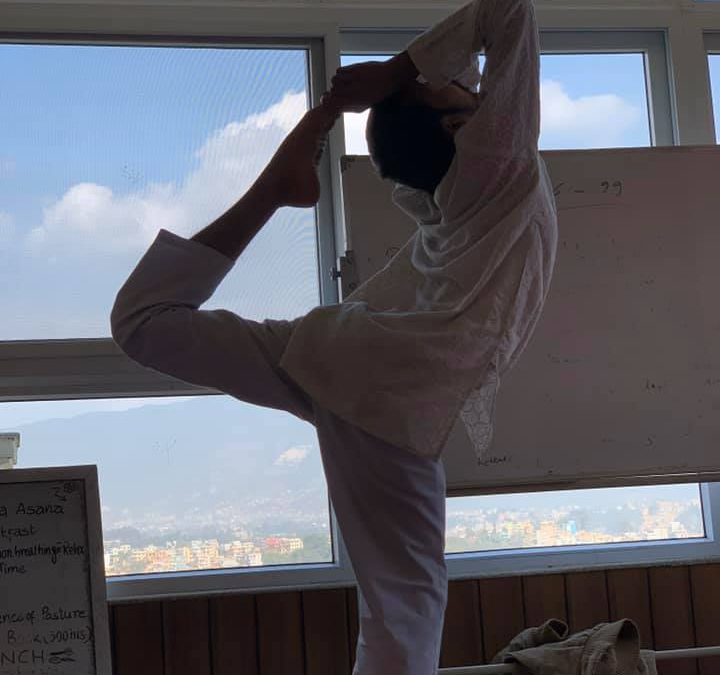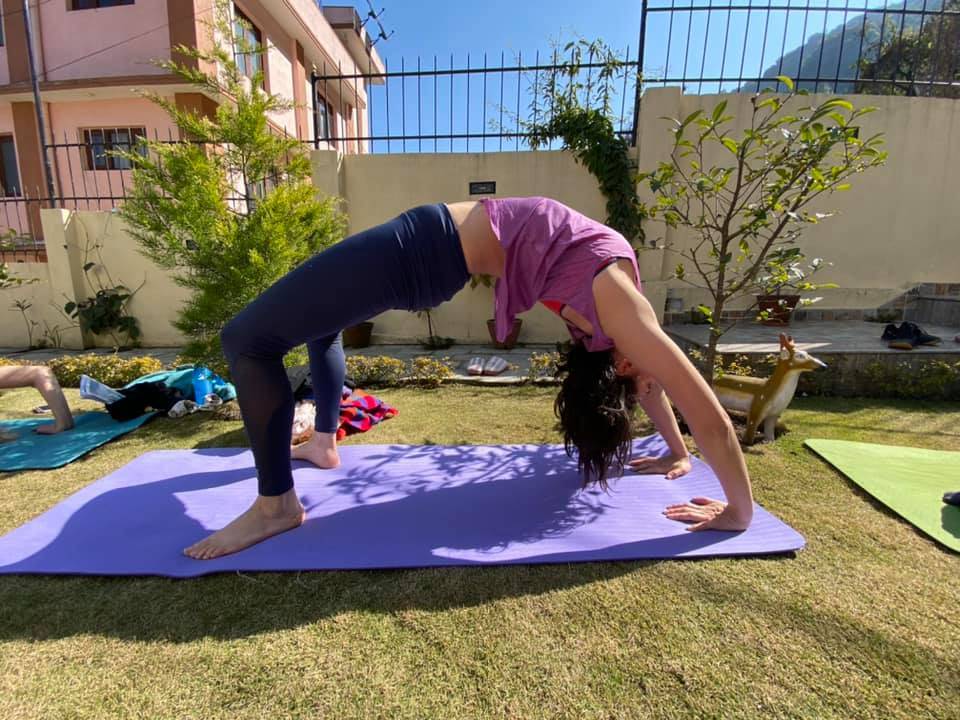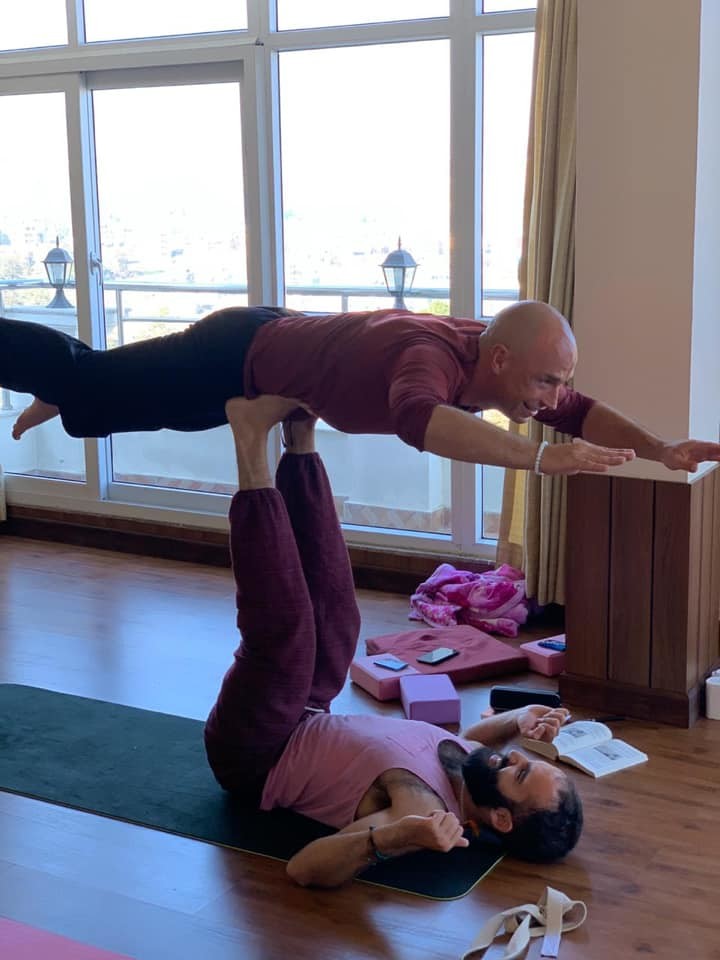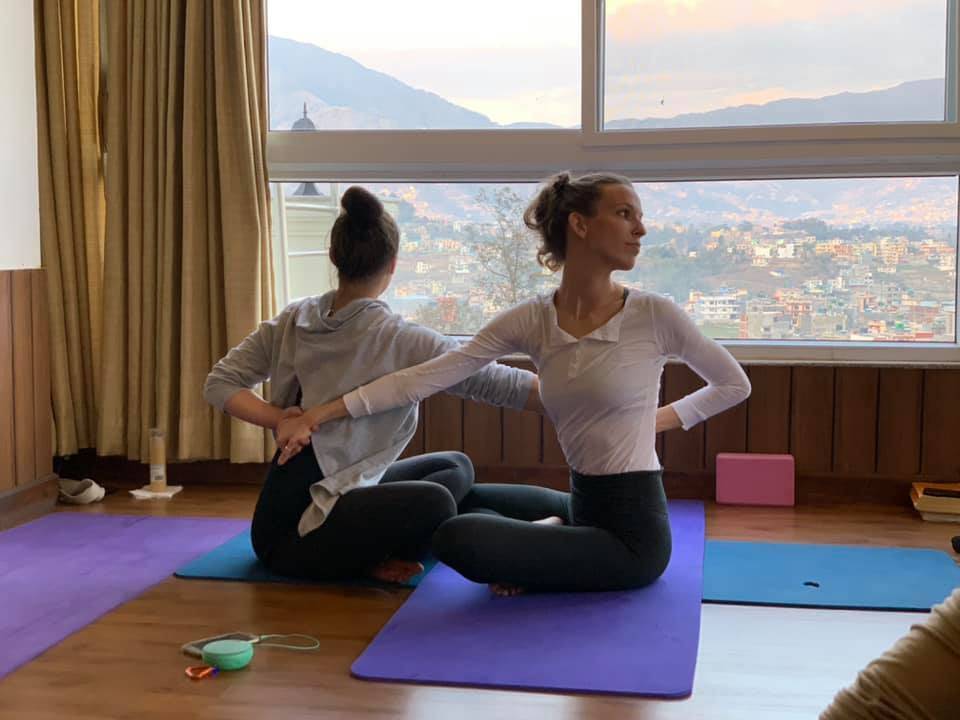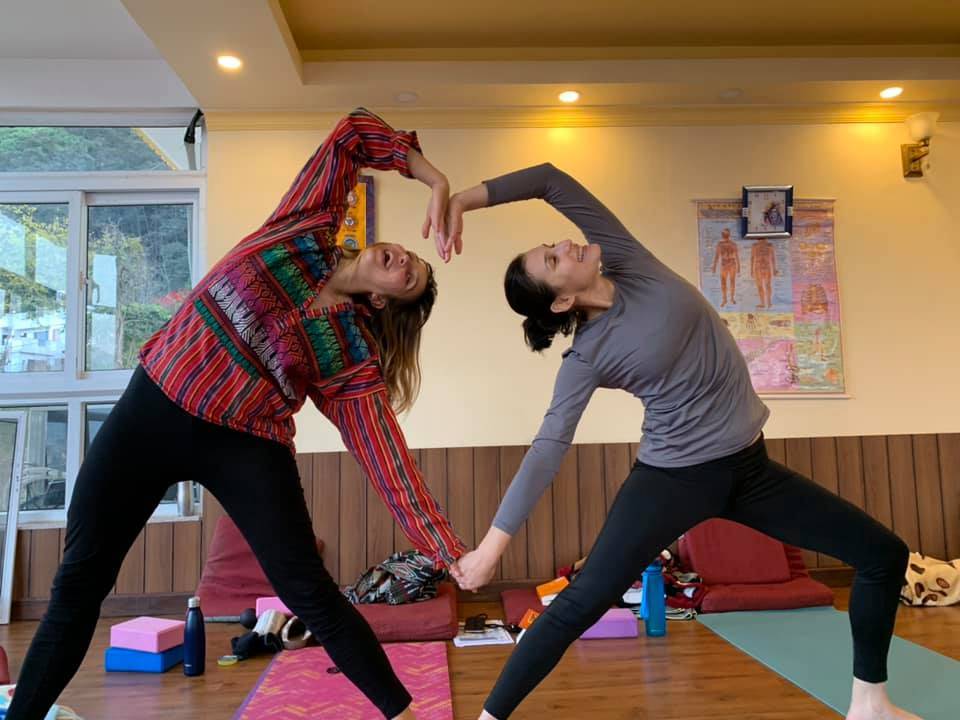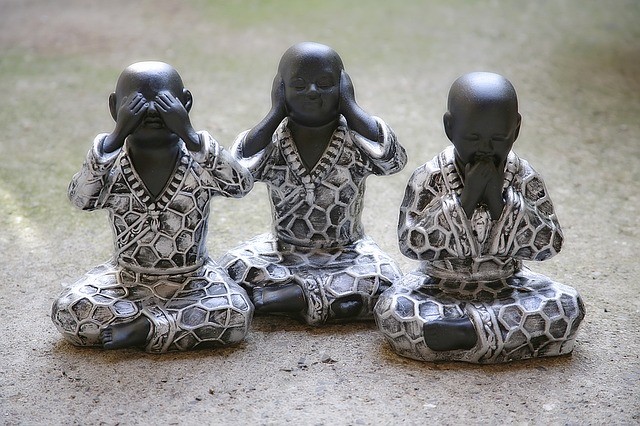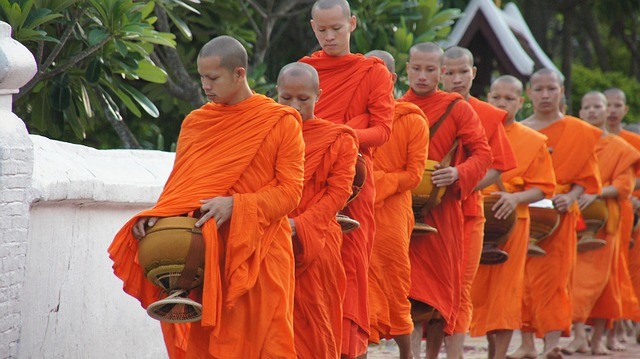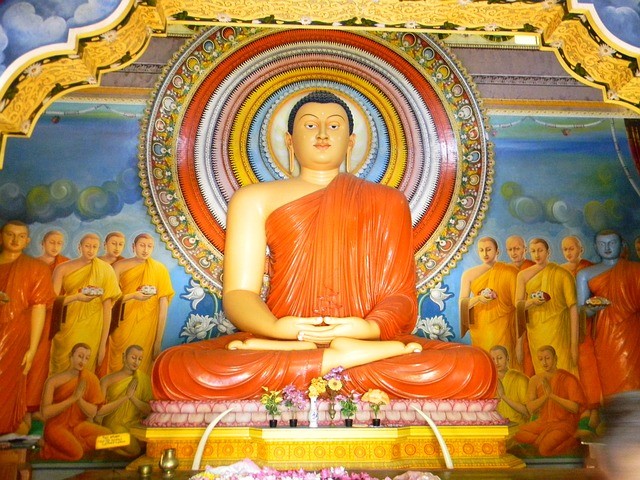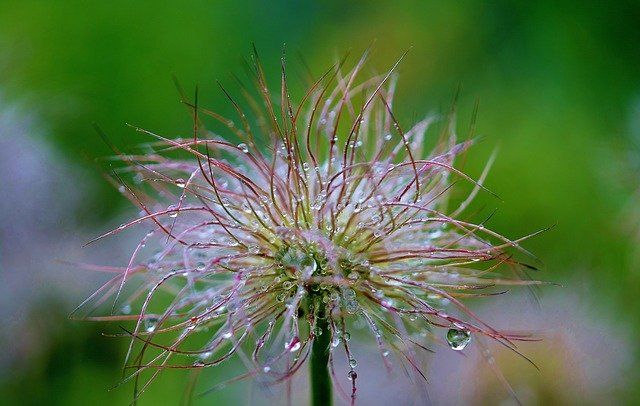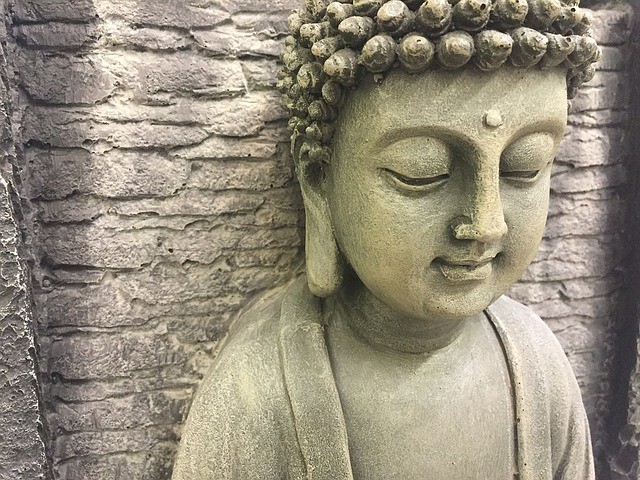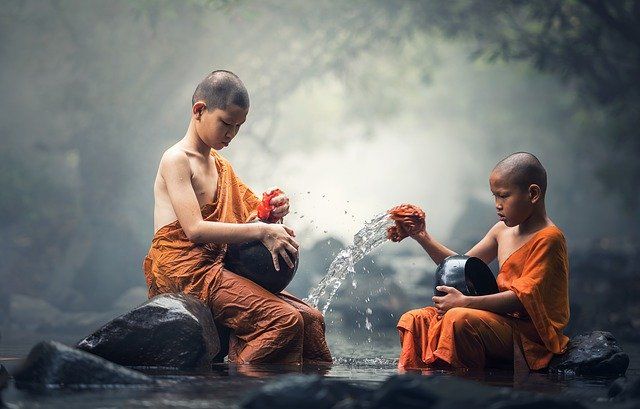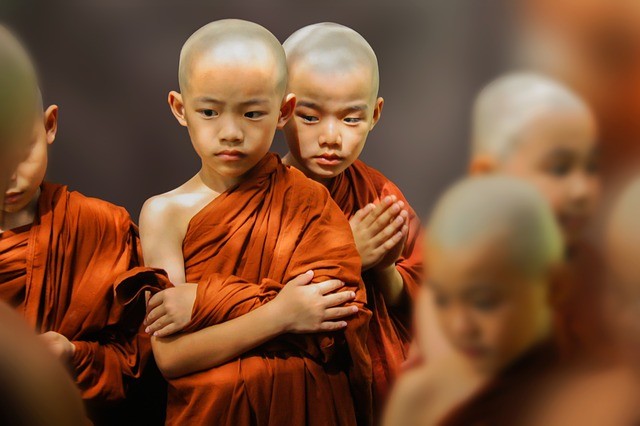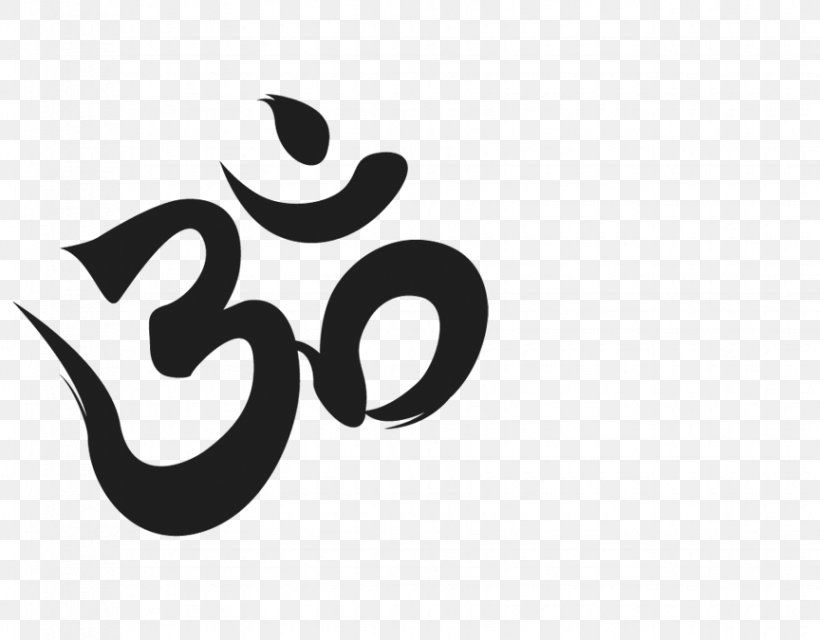
by Tirtha Acharya | Feb 6, 2020 | Yoga
Setu Bandasana- Its Procedure, variation, and advantages
Setu Bandasana is a Sanskrit word. ‘Setu’ means dam or bridge and ‘banda’ means a lock. Setu bandhasana can be both restorative posture and dynamic way of practice.
Steps of Setu Bandasana
- Lie supine on the floor. Keep a thick blanket or something like that under the shoulder to protect the neck.
- Bend the knees and fix the feet on the floor, heels close to sitting bone.
- Lift the tailbone upwards towards the pubis. Claps the hand below the waist and stay on the tops of the shoulder.
- Lift the buttock until the thighs are about parallel to the ground, calves are perpendicular to the floor. Lengthen the tailbone towards the backs of knees, lifting the pubis towards the navel.
- Lift up the chin little-bit away from the sternum and pull up the top of the sternum towards the chin.
- Stay on the pose observing the respiration and sensation for 1 minute or more.
- Slowly, release the pose.
Benefits
- Improves blood circulation and digestion.
- Calms nervous system, alleviates stress and mild depression.
- Stimulates thyroid, parathyroid, lungs, heart, and belly.
- It is therapy for hypertension, osteoporosis, and sinusitis.
- Relieves asthma, high BP, menopause.
Contraindication
Lower back sensitivity, the shoulder injury and a Neck-injured person should practice only under the supervision of experienced yoga master.
see more blog posts here

by Tirtha Acharya | Jan 31, 2020 | Blogs
Happiness is a feeling that arises when you hear know something good is being happened. When you get what you desire, you will be happy. Getting chance to stay with a favorable person makes one happy. But the company of unflavored person makes sad. Desired behavior and activities from the people around our surrounding make us happy. But if people show their unwanted behavior and activities, it snatches our happiness. If we see any good thing, it makes us happy. Achieving success makes one happy. We always want good, nice, beautiful, and so on. As and when we happened to get contact with unwanted issue or matters, we become unhappy. Our happiness is depending on these external matters and issues. These things have become the key to lock or unlock our happiness. However, these keys are not under our control. So, happiness, aroused from external situation and matter, is not under our control. So, this type of happiness, acquired by external matters and issues, is not real happiness. The happiness which is ephemeral cannot be a real happiness. The happiness which is eternal, which does not get affected by an external situation, which has nothing to give and take in outside environment; such happiness is considered to be the real happiness.
There is some biochemical process when we are happy. There is happiness hormone released during our happiness. The important happiness hormones are endorphins, serotonin, and dopamine. When we come to the contact of happy news or circumstances, these hormones start activating. And secretion of these hormones makes the person happy. So, the real cause of happiness is secretion of these hormones. Some people suffering from depression, anxiety, stress etc. have no secretion of these hormones, no matter what a happy news or situation they face. Thus they can never be happy. From this, we can conclude that happiness is the product of biochemicals. It is the matter of inner world rather than that of the external world. Now the question arises- how are these hormones secrete? The simple answer is a balanced and healthy life. Again a question arises- how can a balanced and a healthy life be achieved? There are various methods for it. Let us talk about them.
Secret 1: Yoga and meditation: Regular practice of yoga and meditation helps to keep the body active and healthy, and mind peace and happy. It eliminates diseases and maintains the good functioning of the body. It helps to meet the goal of life.

Secret 2: Right Food: Of course, food should be nutritious and healthy with correct way and time of eating. But this is not sufficient. The food we eat must be from right earning. The food earned from unwholesome act makes the blood profane, degrades the level of mind. Earning by harming other is said to be a wrong way of earning. Only right food can keep one happy secreting happiness hormones and providing good health.

Secret 3: Right Aim: Working with the wrong intention takes the person to the misery. Speak or act with the wrong aim, it brings only misery. The aim which is against the goodness of others and oneself is the wrong aim. Any ambition which creates or promotes other and oneself wellness is a wrong aim.

Secret 4: Right Effort: No matter we have right aim, but we also should have the right way to achieve it. Achieving the aim through the wrong way of effort can never give happiness. Let’s say our aim is to bring peace in the country. This is right aim because peace is necessary for all. But, If we engage in unnecessary war in the name of peace, then we never achieve peace. War has always negative effects for both teams.

Secret 5: Creative task: We have to be engaged in a creative task in free time. It removes boredom and stress. It decreases Alzheimer’s diseases, heart diseases, depression etc. It keeps away from negative thoughts providing a way to perceive the world positively. Creative activities achieve the source of happiness. Engaging in a creative task helps to regenerate brain cells, awakens inactive portion of the nervous system.

Secret 6: Company with better people: Our habits, attitudes, and way of thinking turn into the style of the company with whom we stay. Company with wrong people makes us negative and company with better people makes us positive.

Secret 7: No expectation from others: We have a habit of expecting from others. Whenever our expectations do not get fulfilled we become sad. Depending on other, hoping something from other gives sadness as our home may not be fulfilled always. It doesn’t mean to be hopeless. It means to say that we should be self-dependant. Besides, we should not be affected by others behavior. Being affected by others’ behavior is to give the key to our happiness to them. People behave and act as per the level of their mind. You have nothing to give and take from the status of others’ mind. So be neutral in their behavior and activities.


by Tirtha Acharya | Jan 22, 2020 | Blogs
Patanjali has given the most beautiful technique of yoga in his famous book Yoga Sutra. He arranged yoga in a scientific manner making easy to understand and practice. He explained human psychology and managed yoga accordance of the psychological state of people. Brittis are the main cause of the fluctuation of our mind so we have to remove all our Brittis to attain salvation. He separated Chitta Brittis in different five types. Explaining yoga Patanjali stated that “Yogaschittabriti Nirodha.” Yoga is removing of fluctuation of the mind. The five Brittis are as follows:
- Pramana (Correct knowledge)
- Viparyaya (Incorrect knowledge)
- Vikalpa (Imagination or fantasy)
- Nidra (Sleep)
- Smrti (Memory)
The states of our mind can lead us to the destination of different points of their nature. The real knowledge can overcome the fluctuation of our mind. Yoga can maintain the peace of our mind. Five Brittis of our mind can teach how our mind works. If we understand the trick of our mind, we can understand what is real and what is not. To get rid of all the Brittis, we have to practice yoga in our life. Explanation of five Brittis of Chitta:
1.Pramana (Correct knowledge):The word Pramana means the evidence in Sanskrit language, so the real meaning of Pramana is the knowledge which is based on the evidence. Pramana is the knowledge of the reason and logic. Pramana is the knowledge which is based on the direct experience. There are two kinds of knowledge in the world, first one is direct and second is inference which is based on the imagination.
According to Patanjali, the knowledge doesn’t have to be perceived by the five senses but we have to see the practical application in our life of the knowledge. The valid knowledge is the best. We don’t have to believe the knowledge which is said by others. We have to experience the knowledge by ourselves. We have to perceive the real knowledge. We have to distinguish the real and unreal knowledge.
In total, we can say that the real knowledge is the knowledge of our experience. Any of the knowledge is neither real nor unreal but the knowledge becomes real if the knowledge can help us in our practical life.

2. Viparyaya (Incorrect knowledge): sometimes we think that something is correct but if we go into the deep study, we realize that the knowledge is not correct. The incorrect knowledge, which seems to be correct, is called Viparyaya. We imagine something by our limited knowledge to be the real appearance when our illusion disappears, we can understand the reality of the things.
The knowledge which is gained by our five senses is unreal but seems to be very real. Most of the person of the world think real which can be sensed by our five senses but in reality, the knowledge by five senses is not real. When we practice yoga and get enlightened, we know the supreme reality. The supreme reality cannot be affected by the situation.
We may think to swim in the river is very easy but in reality, we can’t swim in the real. Sometimes, we can think the task is very easy from the surface but the reality becomes too hard because we can’t perform the activities in real. So, we have to recognize the reality of the world in the path of spiritual journey. We have to see everything as they are.

3. Vikalpa (Imagination or fantasy):Vikalpa is imagination which we create in our mind by ourselves. This is the truth that we think something is real by our fantasy. Our life becomes whatever we think about our life. If we think life is hard, life will be really hard in the reality. Our subconscious mind doesn’t analyze either something is real or not but it follows what our conscious mind guides it. If we think ourselves as a successful person in our life, we become successful because there into limitation to be successful in our life. If we think we are happy in our life, we become happy in our life. There is not an absolute reality for our subconscious life but in spirituality, our journey begins to the search for the ultimate reality.
In this world nothing is real but all the realities are as our mind creates they are. Our search should go to the search for real knowledge of the universe.

4. Nidra (Sleep):Nidra is the deep sleep which is the state of our mind in which all the thoughts and ideas absent. If we can sleep soundly, we can be refreshed after we wake up from our sleep. In our sleep, we forget our knowledge, everything about ourselves. If unnecessary thoughts disturb us, we can’t sleep well. If we can’t sleep well, we can’t awake in the fresh mood. We cannot be healthy and happy. We have to rest properly and wake up with new inspiration in our life. We don’t indulge in the daydreaming. We have to be aware all the time to walk in the path of enlightenment.
The disturbed mind can’t awake during the day and can’t sleep soundly at the night. We have to overcome all the fluctuations of our mind to be in the path of the higher goal of our life, i.e. yoga. Stress disturbs us in the path of purification.

5. Smrti (Memory):Memory is the way which leads us to the past. By memory, we can be lost in the past days of our life. We can be happy by remembering the happy moments of the past or we can be unhappy by remembering our sad past events. By the vehicle of the memory, we start to live in our past rather than at the present. We think that we should do that and shouldn’t do that in the past. We become trapped in the past and can’t go ahead in our life. Past can’t be corrected so we have to forgive our past and start our journey to the higher achievement. Past can make us crippled and stop us from our purpose of our life.
In reality, we have to be the audience of all types of Brittis of our mind. We don’t have to be attached with any of those Brittis because they can’t lead us to the higher level of spiritual growth. We have to make still our mind by practicing yoga on a regular basis in our life.
The purpose of yoga is to make people aware of their way of life wherever and whoever they are. To make them able to differentiate between what is real and what is fake knowledge. Patanjali focuses on the factor that we don’t have to hang up on unnecessary activities thinking that they are real.

by Tirtha Acharya | Jan 19, 2020 | Spirituality
Buddhism is a concept of the religion founded by Gautam Buddha. It is not only a religious belief but also a spiritual practice and spiritual tradition. 7 percent of the people of the world are Buddhist. Buddha was born in Lumbini, Nepal, 563 BC. He got enlightened and started to spread the message of peace to the most of the Asian countries so he is called as the ambassador of peace of Asia.

The main philosophy of Buddhism can be categorized into three parts. They are four noble truths, eightfold paths, and Pancasila. The Buddhist philosophy is written in three Tripitakas. Three Tripitakas are:
- Binaya Pitak: This is the scripture of Buddhism which includes the rules for the monks and nuns.
- Shukti Pitak: This part of Tripitaka has the sermons of the Buddha.
- Abhidhamma Pitak: This is the book of the collection of the philosophies of Buddhism.
Here are the four noble truths of Buddha:
- There is suffering in life
- There is the reason for suffering
- There is the way to be free from the suffering
- The way of being free from suffering is eightfold paths
- There is suffering in life: Suffering is the part of our life which is inseparable for everyone who is born in this world. We are born here with the suffering. We have to be in suffering in our life until and unless we don’t get enlightened. Buddha focused on the fact that life can’t be imagined without suffering. Suffering is as true as our life is. It is said that who is enlightened, he or she should not be born in this world. If we have some Karmic debt, we have to born here in this world.
- There is the reason behind suffering: Buddha’s teaching always clarifies the reason for everything and the solution of every reason. The main cause of the suffering is the desire. How much we get in our life, we want more and more. The chain of gaining will not over. There are unlimited desires in human mind. The human can’t be satisfied with the worldly affairs, world’s achievement. There are limited resources to fulfill our desires but we have unlimited desires so the available resources can’t fulfill our desires. The nature of desire is like a pot where we can’t put anything because it doesn’t have the lower part so from where everything can fall.
- There is the way to be free from the suffering: There is the way to be free from the suffering. Buddha’s teaching is very scientific because he raised the hypothesis that there is suffering in this world and at the end, he gave the exact solution of the hypothesis. Now, we have the hope that we can be free from all the sufferings of the world. It is in our hand to be free from all the sufferings. If we want, we can be free from all the pains and discomforts.
- The way of the freedom of the suffering is eightfold path: If we practice the eightfold path, we can be free and get the liberation from the suffering of the world. They are the real solutions to our life’s suffering. They are the Real Techniques to be totally free from the desires of our life.

Eightfold Path:
Right View: View means the attitude. We have to see anything that that thing is real. In a simple way, we see what we want to see. We don’t have to judge anything by our perspective. We think that death is the end of our life, which is the main cause of the fear in our life. Fear creates suffering. We have to know everything in their real existence.
Right Resolution: This is the second step of the eightfold path. In this step, we take the right resolution of our mental development. We take firm determination to love all the being of the world. We focus on being polite to others and to be sincere when we behave with others.
Right Speech: We have to speak the truth all the time. Speaking truth can lead us to the higher level in the path of liberation. If there is something harmful matter to others, we don’t have to speak. We don’t have to speak the false because false is not the way of liberation. False is not the part of the higher source.
Right Action: We don’t have to perform the action that is not right. We have to analyze whether it is right or not before we do anything. We don’t have to harm to others by our action. We don’t have to suffer others by our action.
Right Livelihood: We have to live with the minimal things that we need to live. We don’t have to collect more than we need. We don’t have to do the profession, which is the harm to others.
Right effort: We have to try to change our habits or we have to try to be better and better. We have to be able to change our overall factors of life from negative to positive. We have to be bold to be better.
Right Mindfulness: We have to try to be aware every moment. We don’t have to lose the awareness because the awareness can lead us to the higher source. We have to be guided by the real knowledge rather than the false knowledge. We have to develop our mind to accept the higher source of knowledge.
Right concentration or Meditation: We have to practice the meditation of four types. To unite our self to the higher source, we have to practice the meditation. In this state, we are free from the ego. We are able to understand the natural state of our life. The flow of life can be seen in this state.
Pancasila:
- Not killing
- Not stealing
- To be away from sensual (including sexual) misconduct
- Not lying
- Not to be in the state of intoxication

Five moral virtues are the very important part of the eightfold path. These five virtues are the common people. There are eight or ten virtues for the monks and nuns.
Different branches of Buddhism are as follows:
Mahayana: It believes that the scripture should be changed by the time. It focuses that we all have the possibility to be enlightened in our life.
Theravada: Theravada Buddhism is the branch of traditional Buddhism. It is the oldest form of Buddhism. It believes that the original Buddhism is the pure Buddhism. It focuses on the learning the teachings of Buddha and doing the meditation. It is a very powerful concept that we have to search the wisdom.
Vajrayana: Vajrayana is thebranch of Buddhism which believes in Tantra. Tibetan Buddhism is in this category. We have to start our spiritual practice with a much matured Guru.

by Tirtha Acharya | Jan 18, 2020 | Blogs
Ashta Siddhi
Siddhi (सिद्धि) is a Sanskrit word which means perfection or accomplishment. All the religions have a belief in supernatural powers. They have described different types of powers in their own words. Hindu philosophy has explained 8 major siddhis called Ashta Siddhi (Anima, Mahima, Garima, Laghima, Prapti, Prakamya, Isitva, and Vasitva) and 10 minor siddhis.
Anima- one on Ashta Siddhi
The power to minimize the size of the body, even to the size of the atoms, is termed as Anima Siddhi. It is the availability to become smaller than the smallest. For example, Hanuman had subtilized his body in the time to search Sita in Lanka.
Mahima
Mahima is one among Ashta Siddhi. It is the ability to increase the size of the body as desired. It is also described as “the power to become larger than the largest”. Lord Krishna had increased his body size in the course of Bhagawat Geeta in the 11th chapter. Similarly, he had maximized his body in Vaman Avatar to measure the three worlds in three steps. Hanuman had taken a huge form to burn Lanka, and to fight with Kumbakarna.
Garima
The capacity to become infinitely heavy in weight at will is said to be Garima Siddhi among ashta siddhi. It is also said as becoming heavier than the heaviest. Hanuman had made his tail heavy so that Bhima, who was having the energy like that of ten thousand elephants, could not lift it up.
Laghima – 4th Ashta Siddhi
It is the accomplishment to become almost weightless (becoming lighter than the lightest). Levitation and flying are examples of this power.
Prapti
Prapti is the ability to attain anything desired.
Prakamya
Next type of siddhi in ashta siddhi is Prakamya. It is the ability to realize whatever one desires. Such as travel/go anywhere at will in a moment, even faster than a second, the power of entering the body of another (parakaya pravesh), ability to reform and adapt as per circumstances, the power of keeping oneself youth for any length of time.
Isitva
It is the absolute lordship over the entire creation or nature. The natural phenomenon obeys to such person having Isitva power.
Vasitva
It means the ability to have control over other. Through this accomplishment, one can control senses, mind (of self and others) and matters (including elements). Through this siddhi, one can tame wild animals and enthralled people etc.
Patanjali has mentioned the ways to attain the supernatural powers as well. “Janma aushadi mantra tapah samadhijah siddhayah” which means attainment of supernatural power is by birth, medicine (drugs/herbs), mantra (incantation), penance (self-discipline), and samdhi.
Attainment of siddhi by Birth: Sometimes it happens that children born from spiritually advanced parents acquire some of the divine powers due to good karma (action) of their previous life. It is also said that they might have attained those powers in their past life as well which continued in this vary life.
Medicine: In nature, there are some special herbs, use of which can help to attain some miraculous powers. For example, Sanjivini herb could bring Laxman back to life.
Mantra: Incantation of powerful syllables or words with proper discipline helps to acquire an accomplishment. Mantra works in two ways: 1) due to the effects of the power of sound, 2) due to self-discipline that mantra brings.
Penance: Self-mastery or self-discipline makes the mind clear and purer which provides the great strength. This helps to control all five elements just by will. However, one should have an unperverted mind. The practice of Ashtanga yoga as taught by Patanjali helps to acquire this stage.
Samadhi: Through regular practice of meditation and other spiritual practices, one reaches to the stage of Samadhi i.e. oneness with consciousness or uninterrupted consciousness. After this stage, he starts acquiring different types of siddhi.
Minor Siddhis
- Kamarupam (कामरूपम्): The ability to change the body in the desired form
- Durashravanam (दुरश्रवण):The ability to hear the voice of any distance location.
- Duradarshan (दुरदर्शन):The ability to see the things of any distance as will.
- Manojavah (मनोजव:):Ability to travel at the speed of thought.
- Svachchhanda Mrityuhu(स्वच्छन्द मृत्यु:): The power to leave the physical world (to die) only on desire. One can choose the time of death.
- Devanam Saha Krida Anudarshanam (देवानां सह क्रिडा अनुदर्शनम्): Ability to witness and participate in the activities of demigods.
- Aagya Apratihata Gatih (आज्ञा अप्रतिहता गति:): Giving orders that are completely obeyed.
- Yathasankalpasansiddhi (यथासंकल्पसंसिद्धि): The power to fulfill whatever is thought.
- Parakayapraveshanam (परकायाप्रवेशनम्):The ability to enter in the body of others and feel the sense through their organs.
- Tri-Kala Darshanam (त्रि-काल दर्शन):The vision or knowledge of past, present, and future.
- The caliber to know all the language including those of animal
- Knowledge of one’s and other’s past life.
- The cathexis to read other’s mind.
- The ability to make one’s body and matter invisible.
- The merit of making everyone happy and joyful
- The knowledge of all universe and planetary system.
- The knowledge of arrangement and movement of stars
- The ability to make body’s sound inaudible
- The capacity to be motionless.
- The to understand bodily anatomy
- The aptitude of finding hidden and secret things.
- The eligibility to behold the celestial beings
- The knowledge of soul and consciousness.
- The power to surround oneself with the blaze of fire
- The potency to walk on thorns, water, fire etc.
- The ability to tolerate extreme hot and cold.
- The power to be effectless from the elements: not burn by fire, not drown in water, not harmed by poison etc.
Note: Lord Buddha, Lord Krishna and other all the enlightened person have stated that it is wiser to go to the path of enlightenment than to seek for supernatural powers because these powers hinder on the path of enlightenment. These powers can never give real peace, harmony, and happiness.
The final goal of human beings is enlightenment. Whenever the practitioner gets diverted towards power, he will miss the true path. So, it is suggested that not to be motivated by those siddhis. However, due to true spiritual practices, one acquires it. In other words, these powers are by product to the path of enlightenment.
If one misuses it then he will ruin. One should not generate ego on the achievement of power and should not do whatever he likes. If he ignores those powers or uses them in a positive way then it will not block the path to enlightenment.
Hope you enjoy our article about Ashta Siddhi. If you like to read more health related blogs click here

